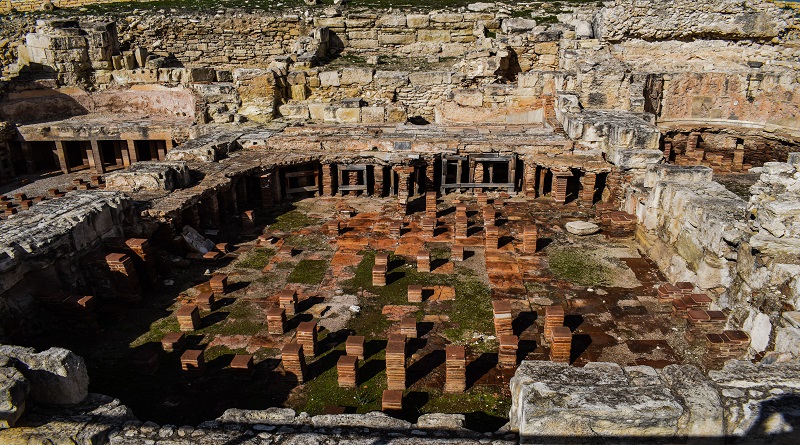There are quite a few courses available in Archaeology with the opportunity of taking other subject areas with it. Are you interested in research, history and an active learner? These are important factors, among many others, when working as an archaeologist.
If you’re interested in exploring this area, you’ve come to the right place.
What is archaeology?
Archaeology is the study of ancient and recent human past through material remains. It analyses physical remains of the past in pursuit of a broad and comprehensive understanding of human culture.
What third level Archaeology courses are available?
Universities and college in Ireland are offering courses in the following subject areas:
- Ancient History and Archaeology/Geography
- Ancient History and Archaeology/History
- Ancient History and Archaeology/History of Art and Architecture
- Applied Archaeology
- Arts – Archaeology
- Classics, Ancient History and Archaeology
- Archaeology and Heritage (PLC)
This is just a sample of courses available as there are many more on offer. Be sure to look at your desired course in detail and the specific requirements.
Studying archaeology in college
There is a wide variety of different archaeology courses in Ireland with most of them giving the opportunity to study alongside other subjects. PLC courses will be 1 year long while undergraduate courses will range between 3-4 years and may differ from university to university.
In your first year of archaeology you will learn the basics of what archaeology is, its importance and build a foundation in the subject to prepare you to go forward with your course and look more in depth at different areas. You will learn how archaeology is concerned with understanding social, political and cultural experiences.
In your second and/or third year of your course you will have the opportunity to focus on deeper themes and periods of history and archaeology allowing students to develop a deeper awareness of methods, theory and engage with different issues.
In your final year, which may be your third or fourth year depending on your course, you will continue to look at specific areas and time of importance to archaeology as well as write a thesis on a topic of your interest.
In some Archaeology courses, there may also be an opportunity study and travel abroad.
Career Options
A lot of people who study an undergraduate course in Archaeology will work for Archaeological contractors, national heritage agencies, local government, university archaeology departments or independent archaeology consultants, for example. There may also be the opportunity to travel.
The majority of those who study archaeology will sooner or later study a postgraduate course and specialise in an area of their interest. While the role of an archaeologist is largely research based there is also the opportunity to move into the area of research or lecturing in universities and colleges.
Some skills and qualities that are important in this area include excellent communication skills, excellent writing skills, critical thinking skills, the ability to work well with others, pay attention to detail, perseverance, patience, stamina and being an active learner. It is also important to have good IT skills, presentation skills and be flexible in relation to location.
Related Jobs
- Archaeologist
- Academic researcher
- Museum education officer
- Museum/gallery worker
- Conservation officer
- Heritage manager
- Conservator
Further Study
Visit postgrad.ie for more information.
FAQ
Different courses and different colleges will have different entry requirements. It’s always safest to check with the individual higher education institution which is available on their websites. As a general rule Leaving Cert students should have a minimum of six subjects which should
include: Two H5 (Higher Level) grades and Four O6 (Ordinary Level) grades or four H7 (Higher Level) grades. Subjects must include Mathematics, Irish or another language, and English.
The points to get into an archaeology course range from 529 (Ancient History and Archaeology/History in Trinity College Dublin) to 300 points (Arts – Archaeology in NUIG and UCC).
Where can I study?
For other courses in the area you would like to explore, you can do so here.
Did you know?
- The first known archaeologist is King Nabonidus. He discovered and analysed a foundation deposit of the Akkadian Empire around 550 BCE.
- Archaeologists always dig square holes as it helps them to keep organised.
- The three archaeological periods are the Stone Age, Bronze Age and Iron Age.
Resources
https://archaeologyireland.ie/












Comments